
Wind turbines of Bac Lieu Wind Power Plant (Bac Lieu province). Photo: Xuan Tu
Inadequate regulations
In early 2024, the Government, ministries and sectors will continue to study the difficulties and obstacles facing offshore gas and wind power projects in the Power Plan VIII. Deputy Prime Minister Tran Hong Ha affirmed that resolving the difficulties of gas and wind power projects is related to the goal of ensuring energy security, serving socio -economic development and attracting investment.
According to the plan, from now until 2030, the total additional capacity from gas-fired power projects (30,424 MW) and offshore wind power (6,000 MW) accounts for about 50% of the total capacity needed to be added, playing a very important role in supplying electricity to the national system. Gas-fired power projects are flexible, stable, and baseload power sources that will support wind and solar power projects to ensure security of power supply. On the other hand, the development of gas-fired power and offshore wind power will help Vietnam fulfill its commitment to carbon neutrality by 2050.
However, from the practical process of negotiating and implementing gas-fired power projects, Deputy Minister of Industry and Trade Nguyen Sinh Nhat Tan said that there are still 3 problems that need to be resolved but are not clearly regulated by law, including the minimum gas output guarantee, the mechanism for transferring gas prices to electricity prices, and the gas purchase mechanism in line with the general trend of the world.
With offshore wind power projects, many shortcomings are being revealed due to the lack of synchronization and inconsistency in legal regulations on assigning sea areas to organizations and individuals using non-state budget funds for investigation, survey, exploration, and measurement; assigning sea areas to foreign investors; bidding and selecting investors; interference and conflicts with sea exploitation and use activities; access to credit capital, transmission systems, electricity price negotiations; ensuring security and national defense, etc.
In mid-2023, the Ministry of Industry and Trade met with provinces with liquefied natural gas power plant projects in the Power Plan VIII to acknowledge and assign units to remove obstacles and shortcomings. However, to date, the projects still face many barriers in terms of mechanisms and policies, which need to be considered and resolved according to the process in the fastest time.
Early pilot implementation
To solve the above problem, Vice Chairman of the State Capital Management Committee at Enterprises Ho Sy Hung proposed piloting offshore gas and wind power projects to have a practical basis, and propose amendments and supplements to perfect the legal corridor.
The leaders of the Ministry of Industry and Trade also said that investment in offshore wind and gas power projects is a new field; current regulations are not yet available or are unclear..., therefore, it is necessary to develop a policy mechanism through pilot projects. Many ministries and sectors have proposed that, in the immediate future, it is necessary to study and consider the option of assigning state-owned corporations and groups, such as Vietnam Electricity Group (EVN) and Vietnam National Oil and Gas Group (PVN) to investigate, survey, measure and determine the potential of offshore wind power.
Deputy Prime Minister Tran Hong Ha stated that the Power Plan VIII is the basis for investing in power source, transmission, and load projects, ensuring safety and energy security to serve socio-economic development. On that basis, the State "places orders" and selects the best and most effective investors. Incorporating opinions from ministries and branches, the Government directed the early piloting of a number of offshore wind power projects. "In the pilot project, the policy is to assign a state agency to use the budget for surveys; thereby piloting the licensing authority, survey data management, investor selection, and budget refund mechanism," Deputy Prime Minister Tran Hong Ha emphasized.
In the coming time, the Ministry of Industry and Trade, the Ministry of Planning and Investment, and energy corporations will review and consider all investment procedures for gas-fired power projects, including the Government's long-term, principled commitments to investors; propose solutions to reduce the time to implement investment procedures.
Regarding the orientation to remove difficulties and shortcomings of offshore wind power projects, based on initial assessment data on potential, the Ministry of Industry and Trade will also coordinate with ministries and branches to develop a project using the state budget to pilot exploration, investigation and survey. After having complete data, a number of state-owned corporations will be assigned to take the lead, possibly selecting foreign investors, to implement a number of projects, including piloting a number of measures to solve current problems...
Source



![[Photo] Vietnamese and Hungarian leaders attend the opening of the exhibition by photographer Bozoky Dezso](https://vphoto.vietnam.vn/thumb/1200x675/vietnam/resource/IMAGE/2025/5/28/b478be84f13042aebc74e077c4756e4b)
![[Photo] Prime Minister Pham Minh Chinh receives a bipartisan delegation of US House of Representatives](https://vphoto.vietnam.vn/thumb/1200x675/vietnam/resource/IMAGE/2025/5/28/468e61546b664d3f98dc75f6a3c2c880)
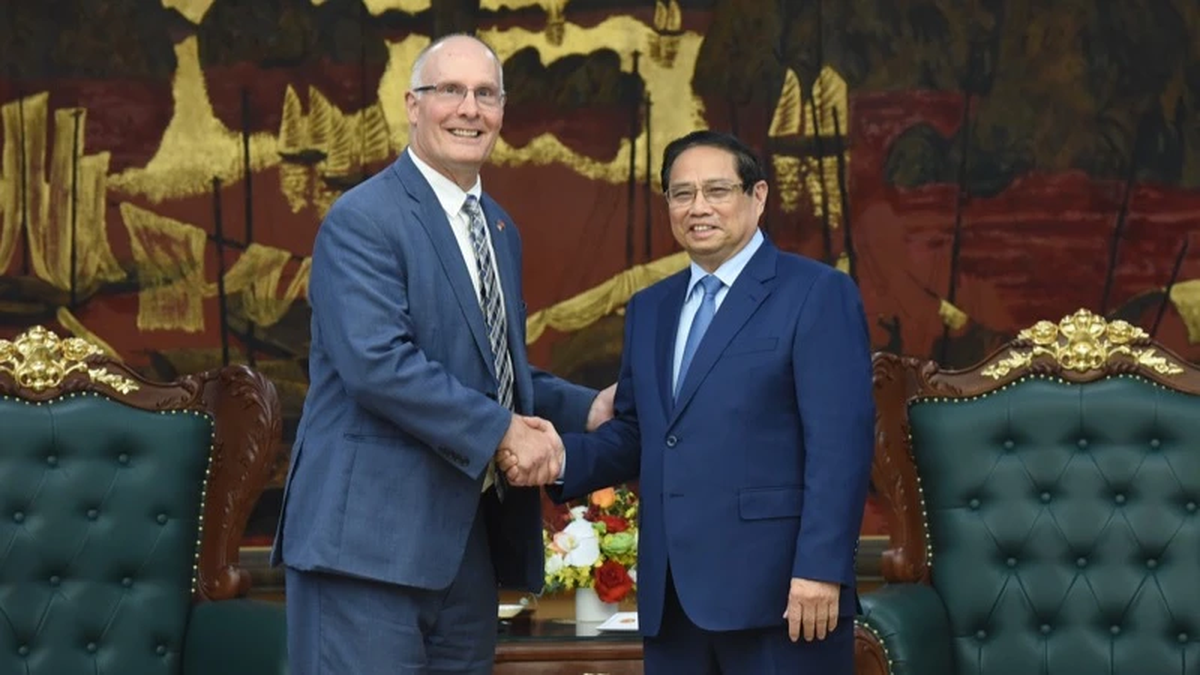
![[Photo] 12th grade students say goodbye at the closing ceremony, preparing to embark on a new journey](https://vphoto.vietnam.vn/thumb/1200x675/vietnam/resource/IMAGE/2025/5/28/42ac3d300d214e7b8db4a03feeed3f6a)
![[Photo] General Secretary To Lam works with the Central Policy and Strategy Committee](https://vphoto.vietnam.vn/thumb/1200x675/vietnam/resource/IMAGE/2025/5/28/7b31a656d8a148d4b7e7ca66463a6894)

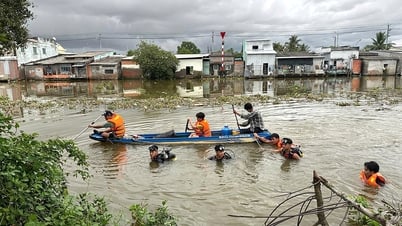
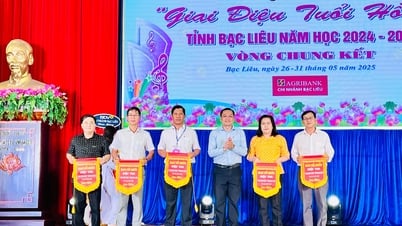

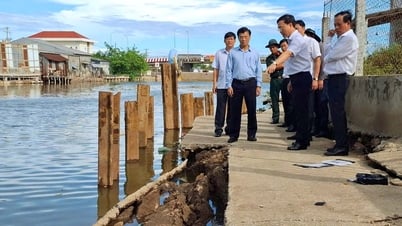

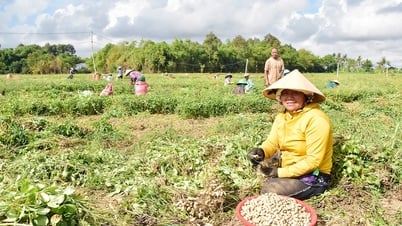




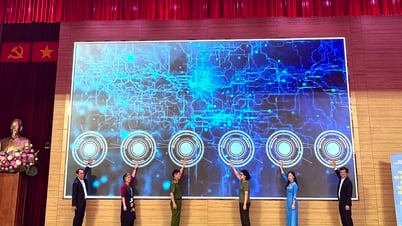




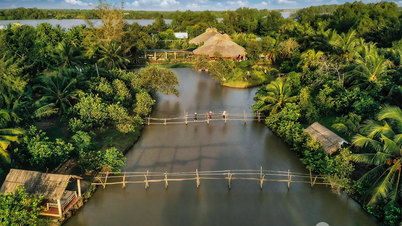





























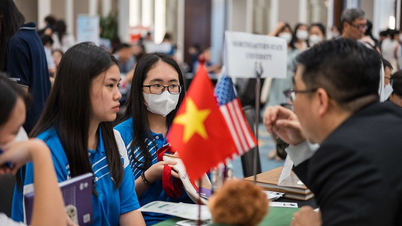












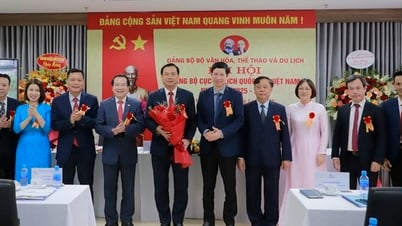
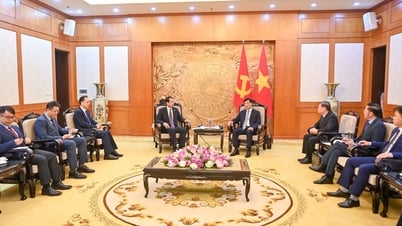




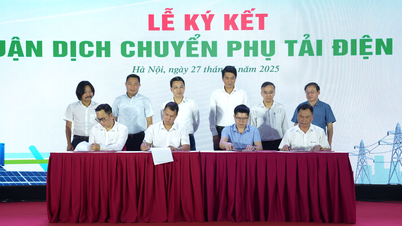
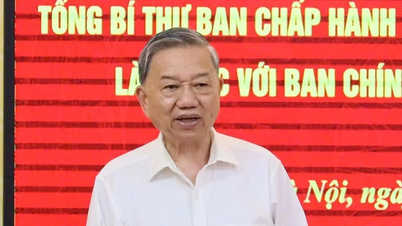

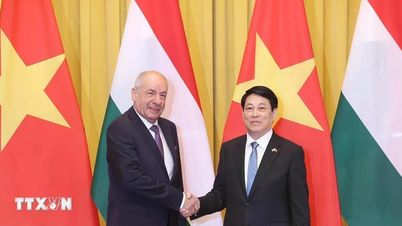
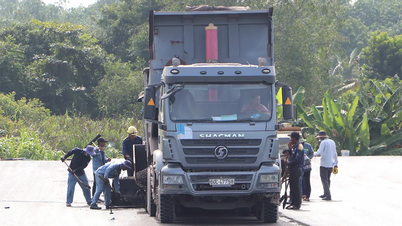



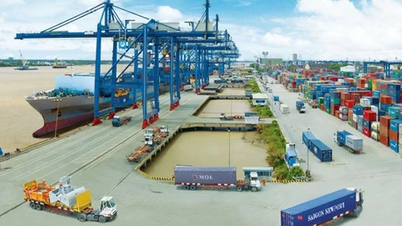








Comment (0)